
Manufacturers are waking up to the environmental cost of sports clothes and equipment by introducing sustainable products
Everything from recycled materials to non-plastic ingredients are being used to reduce the cost to the planet of sportswear
Cutting down on your carbon footprint may be redundant if your shoe is made of plastic. Clothing, and footwear can be packed with plastic and other non-durable products that are damaging to the environment.
According to the Outdoor Industry Association, a mind boggling 13 million tons of textiles is thrown out each year in the USA alone.
The USA Environmental Protection Agency says that if that amount was recycled, it would equate to removing 7.3 million cars from the road. However, clothing, footwear and other textile products are only recycled at a rate of about 16 per cent.
Fortunately, sports brands are waking up to the plight of their products and are now trying to produce goods made from sustainable or recycled materials.
Many of these forward thinking companies have goods available in Hong Kong.
1. Tsunami Sport
Tsunami produces team kits, rather than individual items. It was founded, and is still based, in Hong Kong.
A number of Hong Kong rugby, netball, football and hockey teams are clad in Tsunami’s gear, but they supply teams in 40 different countries.

The companies “ECOfit” range focuses on using recycled plastic in its polyester clothes. The company also aims to find the most environmentally way to package their good and distribute them around the world.
“Producing products of greater value and quality, while minimising the effects on our environment are at the core of our design and production,” said founder Andrew Chambers.
2. RUMI-X
RUMI is a yoga and active wear brand that uses recycled plastic in their material. Every piece of Rumi clothing created saves 16 plastic bottles from going into the ocean or landfills.
The issue of plastic pollution in the ocean is an ever growing problem, as the materials break down in the sea and are eaten by small fish. The plastic then works its way up the food chain and into human consumption.
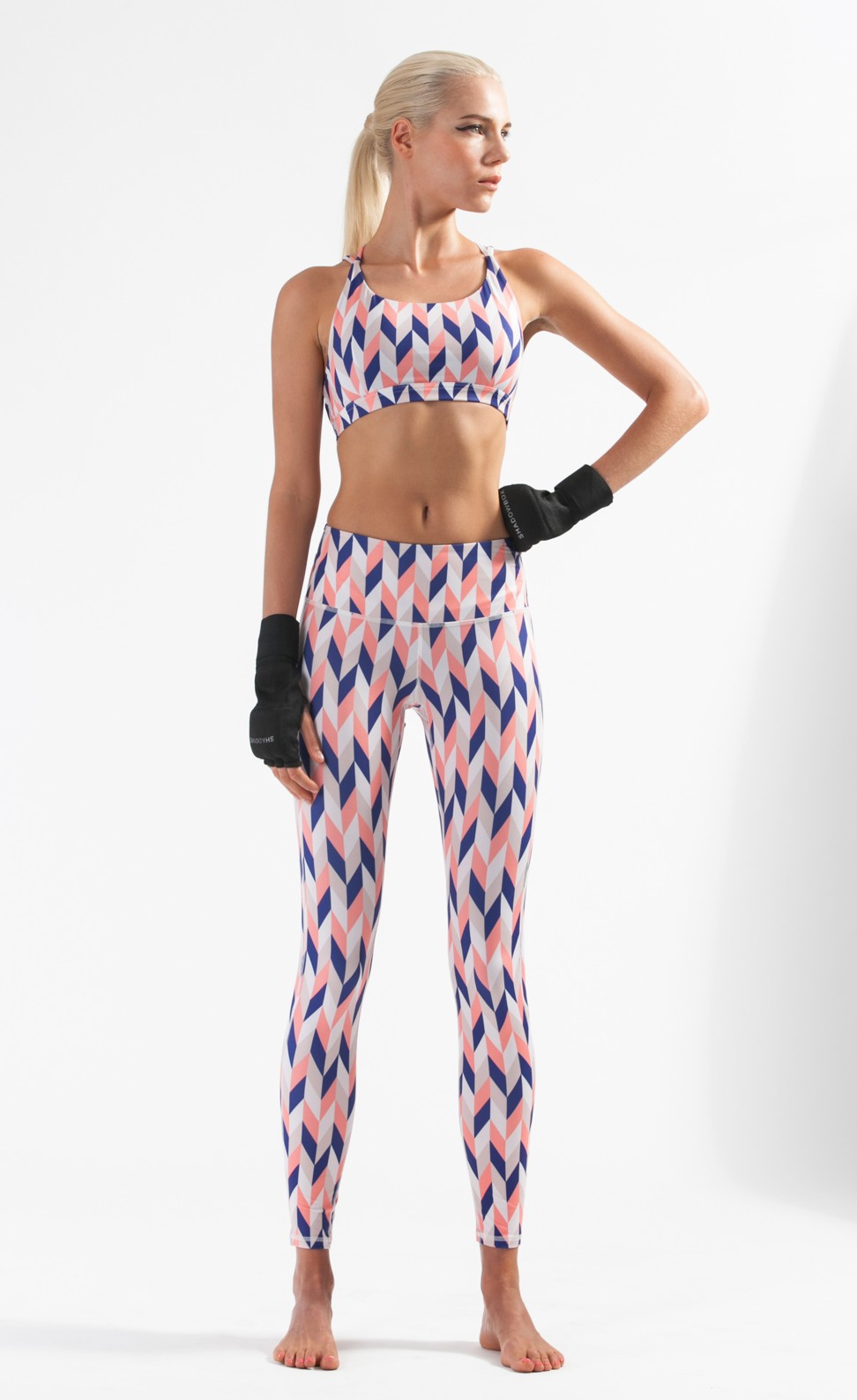
“China produces a third of plastic waste polluting the world’s oceans,” a Rumi spokesperson said. “Manufacturing polyester and other synthetic fabrics is energy intensive and require large amounts of crude oil releasing emissions into the air.
“With these urgent environmental issues in mind, it is our mission is to enable all to become eco-conscious citizens.”
The company focuses on plastic bottles, old coffee ground and water-based ink dyes to minimise contributions to landfill and pollution.
3. Fjallraven
Fjallraven is an outdoor sports wear company, founded in Sweden but now with a presence in Hong Kong.
From light weight jackets and trousers, to gaiters, the company produces their waterproof gear without perfluorocarbons (PFCs), which are present in most other water resistant gear.
PFCs degrade slowly, so have a tendency to build up. They have been detected in large quantities in the ocean, and like plastic, have worked their way into human consumption and have been found in breast milk.
PFCs are associated with breakdowns of immune systems and various cancers, according to Digital Trends.
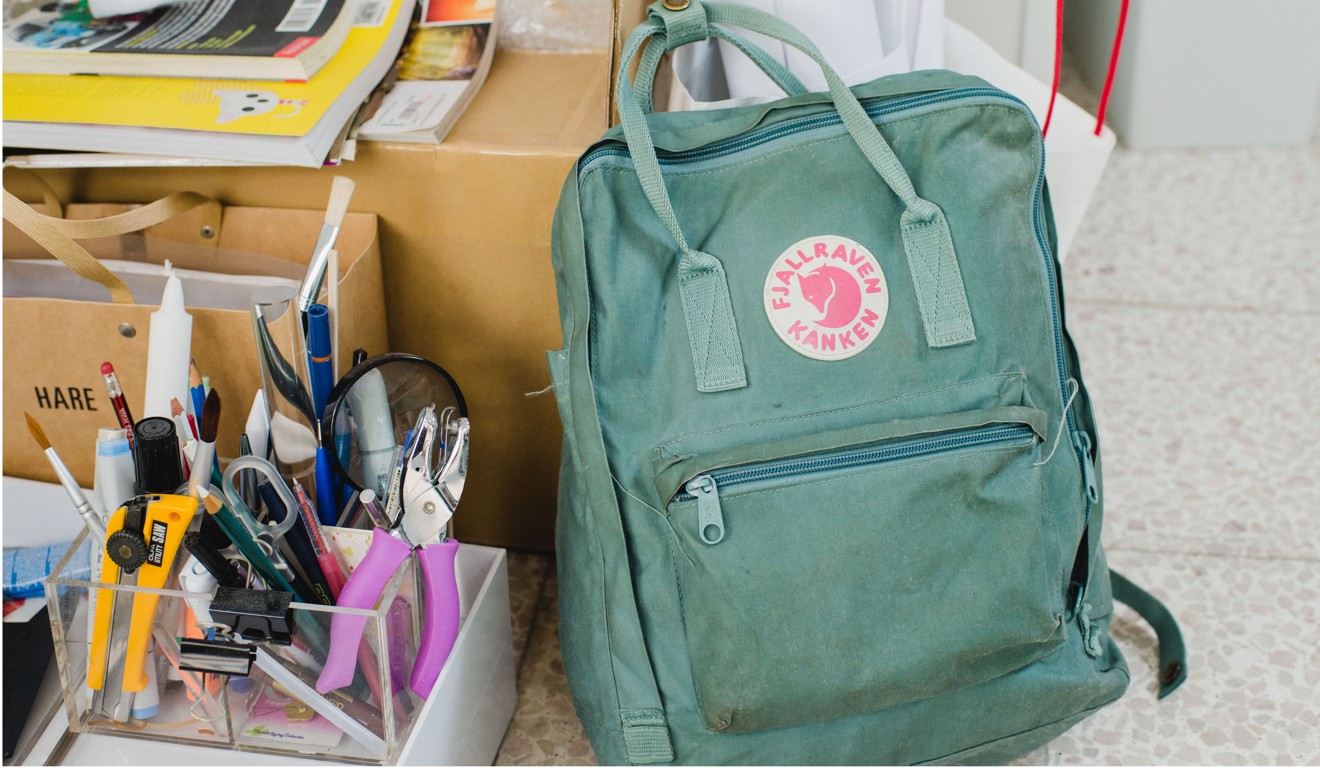
“Since 2012 we have only used fluorocarbon-free impregnation in the production of our waterproof garments,” the company website says. “Since 2015, all Fjallraven products on the market have fluorocarbon-free impregnation.”
4. Adidas Parley trainers
Adidas collaborated with Parley for the Oceans to produce a shoe made entirely from recycled ocean plastic and gillnets, which are nets used for deep sea fishing.
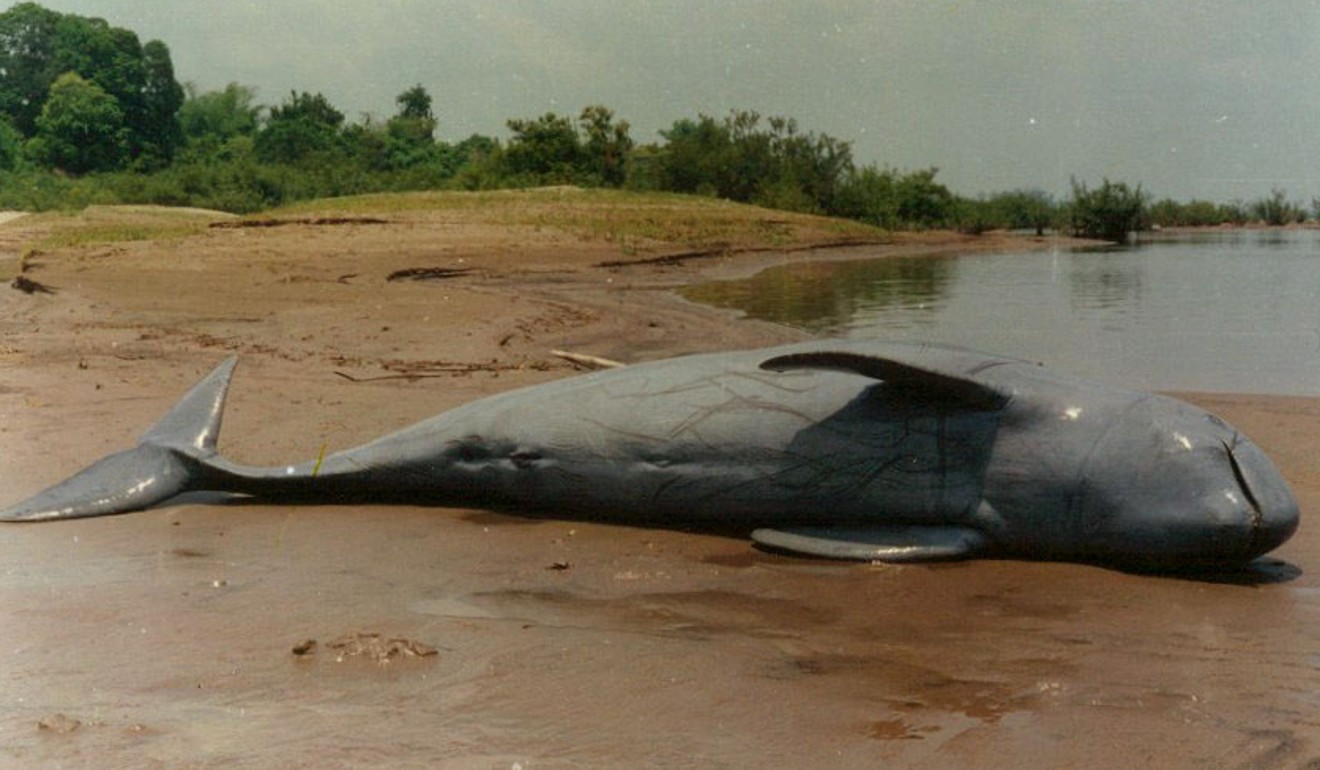
“We are extremely proud that Adidas is joining us in this mission and is putting its creative force behind this partnership to show that it is possible to turn ocean plastic into something cool,” Cyrill Gutsch, founder of Parley for the Ocean, said.
5. Reebok cotton and corn
Not to be outdone by their rival, Reebok announced in April that it will be releasing a shoe made from “things that grow”. The shoe will be made of plant based material.
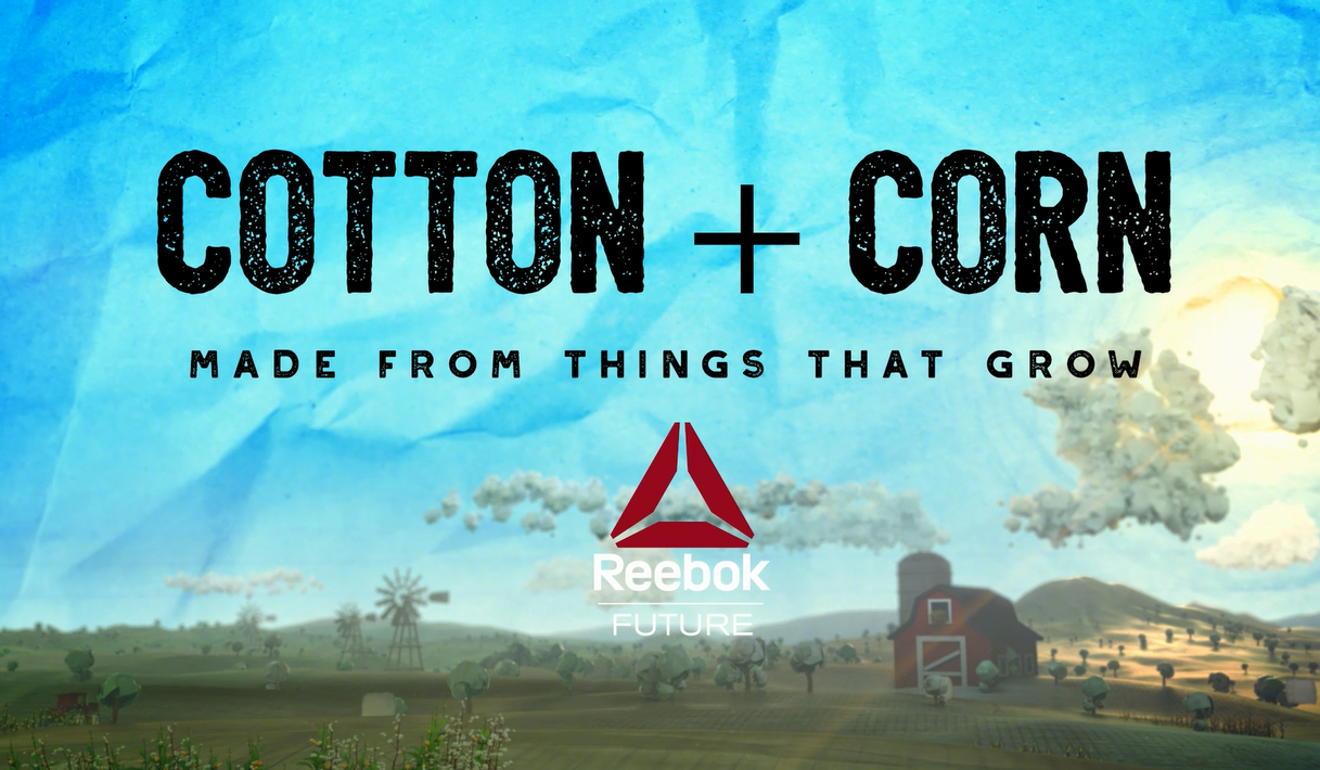
“Ultimately, our goal is to create a broad selection of bio-based footwear that can be composted after use,” Bill McInnis, head of Reebok Future, said. “We’ll then use that compost as part of the soil to grow the materials for the next range of shoes. We want to take the entire cycle into account; to go from dust to dust.”
The initiative aims to bring to footwear to market in 2017, but it is not yet available.
5. Vivobarefoot Ultra III
The Vivobarefoot shoes aim to allow as close to barefoot running as possible, claiming that the foot evolved to run without shoes and we should embrace its natural movements.
The Ultra III is made from algae removed from water around the world.
Algae blooms are a rapid increase of algae on the surface of water, which can alter the environment by disrupting the food chain and releasing toxins harmful for both humans and wildlife.
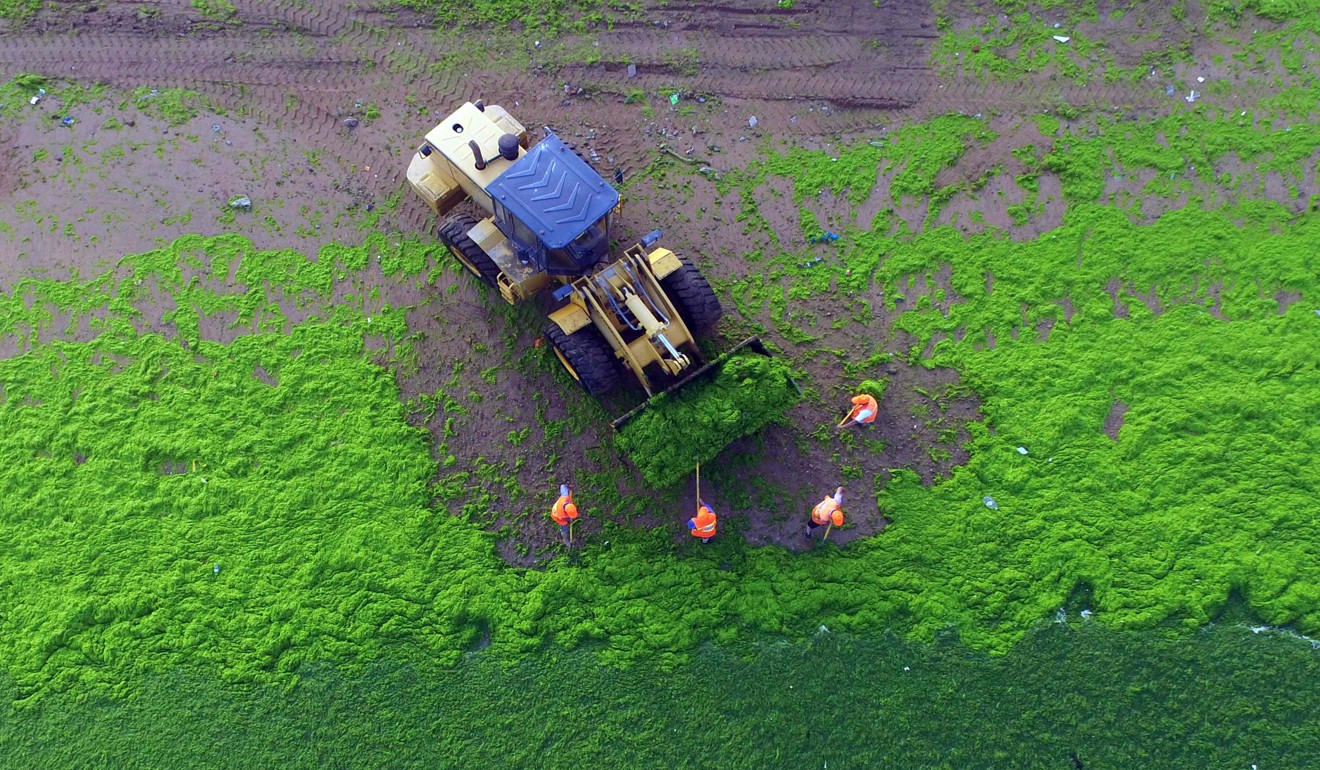
“We at Escapade understand the importance of looking after our planet,” Stefanie Hemshall, managing director at retailer Escapade said.
“We like to be active in the outdoors and want to help preserve and improve the environment. We also want to guide our community in the right direction and raise awareness whenever we can.”
6. Bubi bottles
Plastic bottles are one of the main culprits when it comes to single use, disposable goods. Over eight million tonnes of plastic end up in the sea each year, so just by having a permanent bottle that you refill will reduce your plastic footprint.
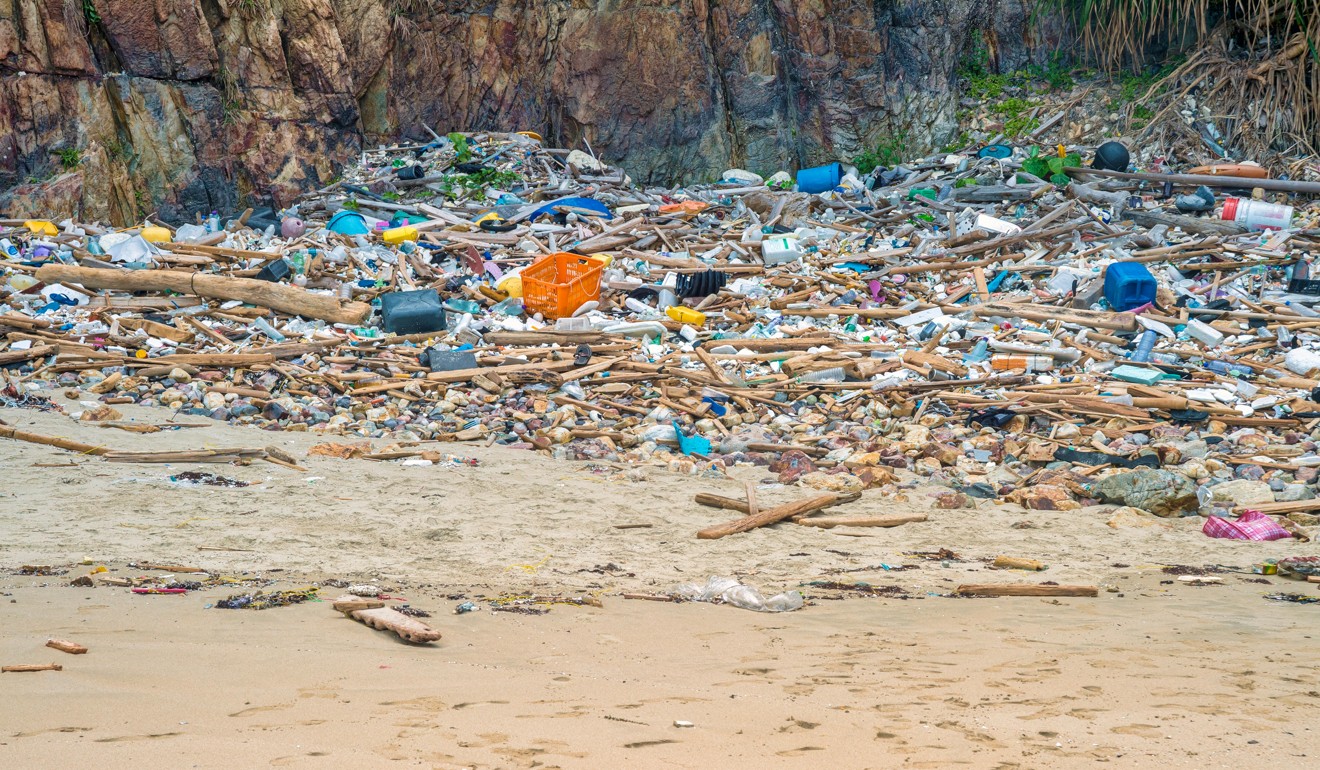
Bubi bottles go a step further, and are BPA free.
BPA is an agent in many plastic goods. It’s in the majority of people’s bloody steam due to the extent of the world’s plastic pollution.
In fact, it’s hard to determine the detrimental effects of BPA because it’s near impossible to find an unaffected control subject, according to News Medical Life Sciences, although it is known to mimic oestrogen.

